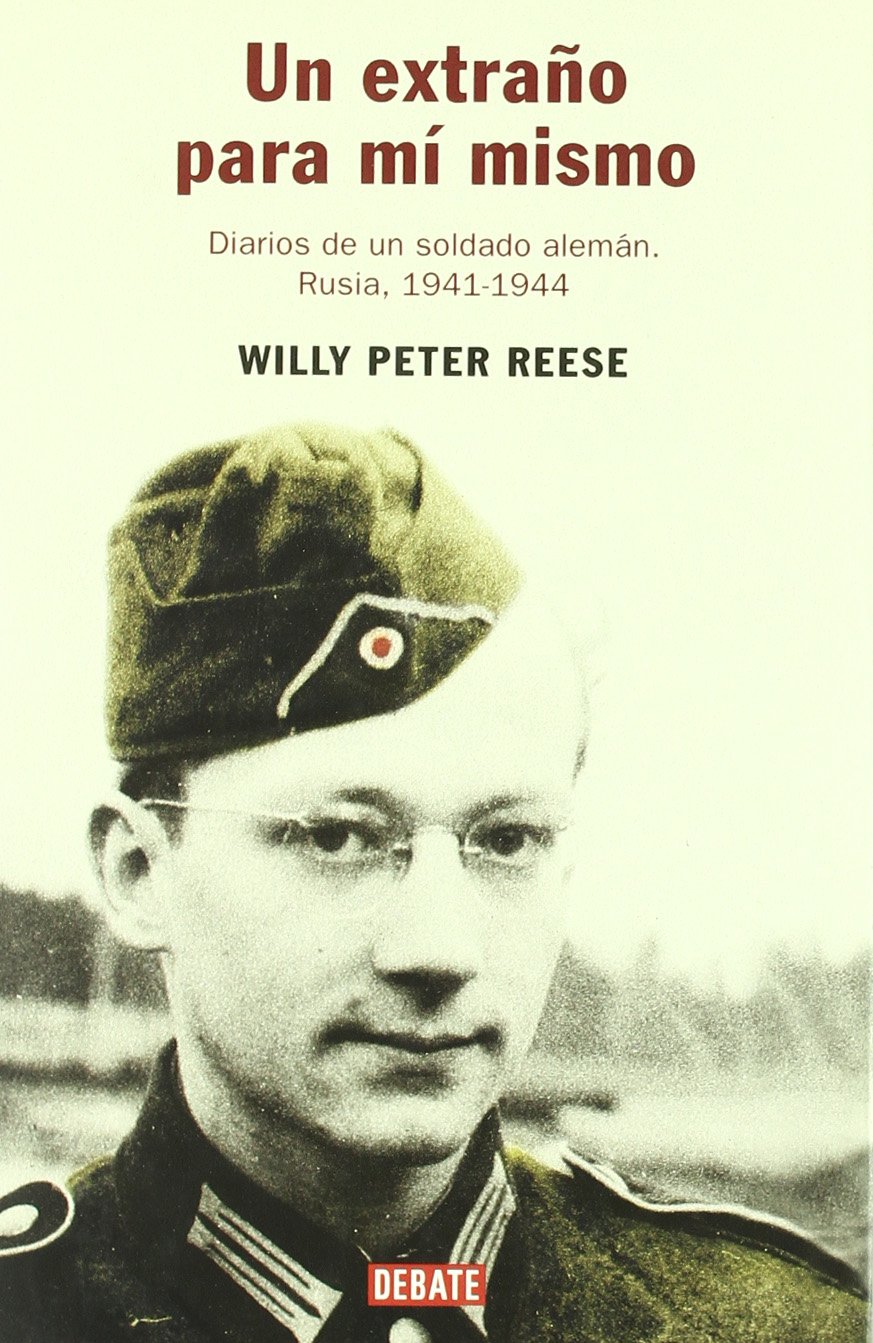What do you think?
Rate this book


256 pages, Hardcover
First published January 1, 2004
Quiet days passed. There were the aftereffects of terror. I kept seeing in front of me the wall of fire, smoke, earth, and dust that we had lived and fought through. There was no escaping these visions, and whoever got away with his life would wear the burn scars of those hours as long as he lived. I had once again experienced the war in its full horror, as an apotheosis of devastation and death.
The blood dried in the clay and disappeared underfoot. The dead were buried. But after this experience it wasn't possible for life to go on; no one who had been through this could ever be a human and a son of God anymore. Yet things went on; they had to be borne and gotten over.
My will to live reawakened. My resources of mind and spirit stirred once more, as through replenished from some mysterious source. I wiped those days and nights from my life. Buried them deep, as though they had never been. I built a bridge across the chasm of that time and started a new life on the other side.
We dressed ourselves in comedy and irony, toyed with ridiculous turns of phrase, and came to depend on our silly hysterics. Under this mask, though, a tragedy went over; an inner calamity took its implacable course. I drifted into a spiritual vacuum. The last of my values collapsed; goodness, nobility, beauty perished; my high spirits left me. The armor of apathy with which I had covered myself against terror, horror, fear, and madness, which had saved me from suffering and screaming, crushed any tender stirrings within me, snapped off the green shoots of hope, faith, and love of my fellow men, and turned my heart to stone. I was in decline . . .